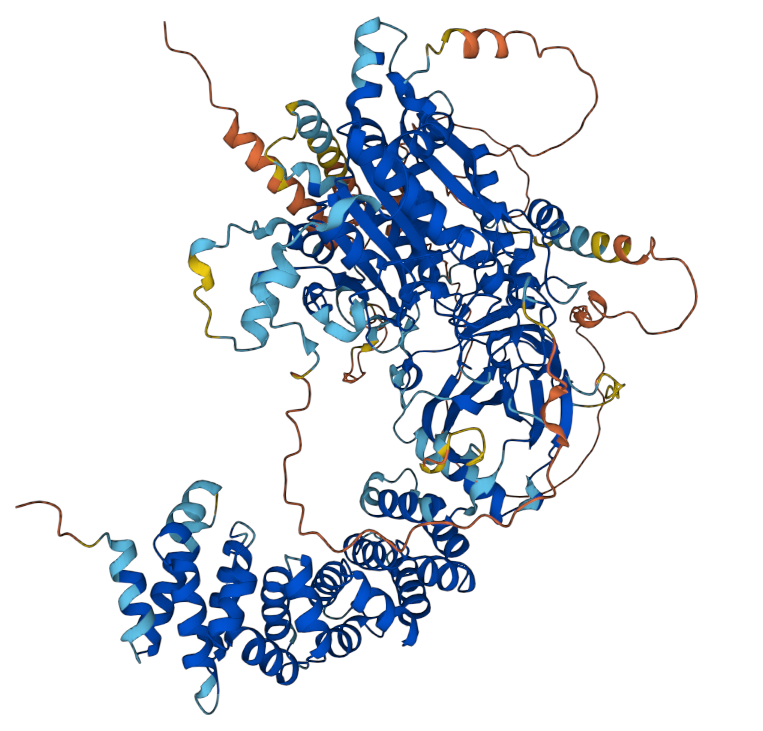Investigation of novel protein structures in human disease
Investigating novel uncharacterised protein sequences in health and disease using AlphaFold and other folding tools

Details
Our lab is investigating novel uncharacterised protein sequences in health and disease. In particular we are interested in understanding the impact of novel mutations on the structure of proteins which, we think, cause severe blinding conditions in humans.
AlphaFold now offers the potential to identify the structure of novel variants. However, the current widely available online version hosted at EBI (https://alphafold.ebi.ac.uk/) doesn't allow for providing new sequence data which may be for uncharacterised proteins incorporating novel mutations or for designing small constructs for vector based therapies. In order to support this, a local version will need to be installed and deployed. This will allow the student to discover the structure of completely novel sequences (e.g retina specific micro-exons we are investigating ), elucidating the link between mutations and their potential structural impact and downstream phenotype (e.g TGFBI dystrophies), and assisting the design of molecules for gene therapies (e.g deleting repetitive domains to reduce size for delivery via vector).
Other protein structure predictions tools are available and so the student will be able survey and assess which tools are best suited for the project https://github.com/biolists/folding_tools .
Skills and Techniques to be used
- Develop understanding of structural biology and deep learning methods for predicting structure from sequence.
- Develop understanding of protein domains, their catalytic function, involvement in ligand binding and how they interact with other proteins in building functional complexes.
- Understand how sequence influences structure and how mutation can cause protein misfolding.
- Understand the importance of protein structure in health, disease and developing new treatments.
- Develop familiarity with the Linux command line and to critically assess protein structure prediction tools.
References:
- Jumper, J., Evans, R., Pritzel, A., Green, T., Figurnov, M., Ronneberger, O., Tunyasuvunakool, K., Bates, R., Žídek, A., Potapenko, A., Bridgland, A., Meyer, C., Kohl, S. A. A., Ballard, A. J., Cowie, A., Romera-Paredes, B., Nikolov, S., Jain, R., Adler, J., … Hassabis, D. (2021). Highly accurate protein structure prediction with AlphaFold. Nature, 596(7873), 583-589. https://doi.org/10.1038/s41586-021-03819-2
- Varadi, M., Anyango, S., Deshpande, M., Nair, S., Natassia, C., Yordanova, G., Yuan, D., Stroe, O., Wood, G., Laydon, A., Žídek, A., Green, T., Tunyasuvunakool, K., Petersen, S., Jumper, J., Clancy, E., Green, R., Vora, A., Lutfi, M., … Velankar, S. (2022). AlphaFold Protein Structure Database: massively expanding the structural coverage of protein-sequence space with high-accuracy models. Nucleic Acids Research, 50(D1), D439-D444.https://doi.org/10.1093/nar/gkab1061
Leads

